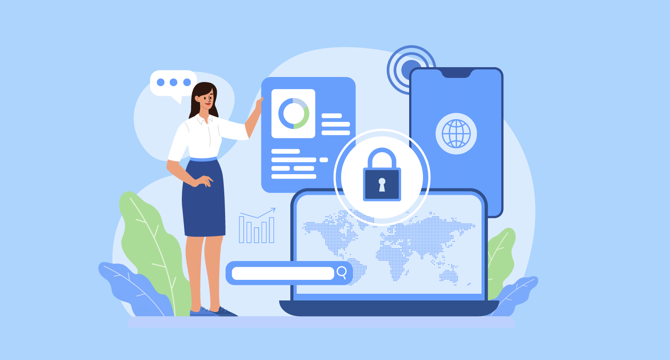Salesforce
2M
64

Image Credit: Salesforce
Data Privacy Pitfalls? Not With These 5 Steps to Compliance Success
- As organizations dive into deeper customer relationships and personalized experiences, organizations face growing pressure to protect individual privacy rights while navigating an increasingly complex regulatory landscape.
- Proper data classification is crucial for effective data management and protection.
- Audit your access controls and update access permissions based on employee roles, data sensitivity, and regulatory requirements.
- By anonymizing or pseudonymizing sensitive information, organizations can simulate real-world scenarios without compromising individuals’ privacy rights.
- Tracking and logging user activities can spot anomalies and respond quickly to potential security issues.
- Implementing data minimization ensures you collect and retain only the essential data, reducing the impact of potential breaches.
- For instance, Privacy Center is a suite of data management tools built to help you manage components of data privacy laws.
- With the right tools and practices in place, you’ll maintain a classified, permission-minimized, and secure data environment, ready to tackle data privacy compliance with confidence.
- By strengthening privacy and compliance frameworks, businesses can build trust with consumers and reduce legal risks and potential fines.
- Good AI needs good data and data privacy compliance becomes a critical part of that strategy.
Read Full Article
3 Likes
For uninterrupted reading, download the app